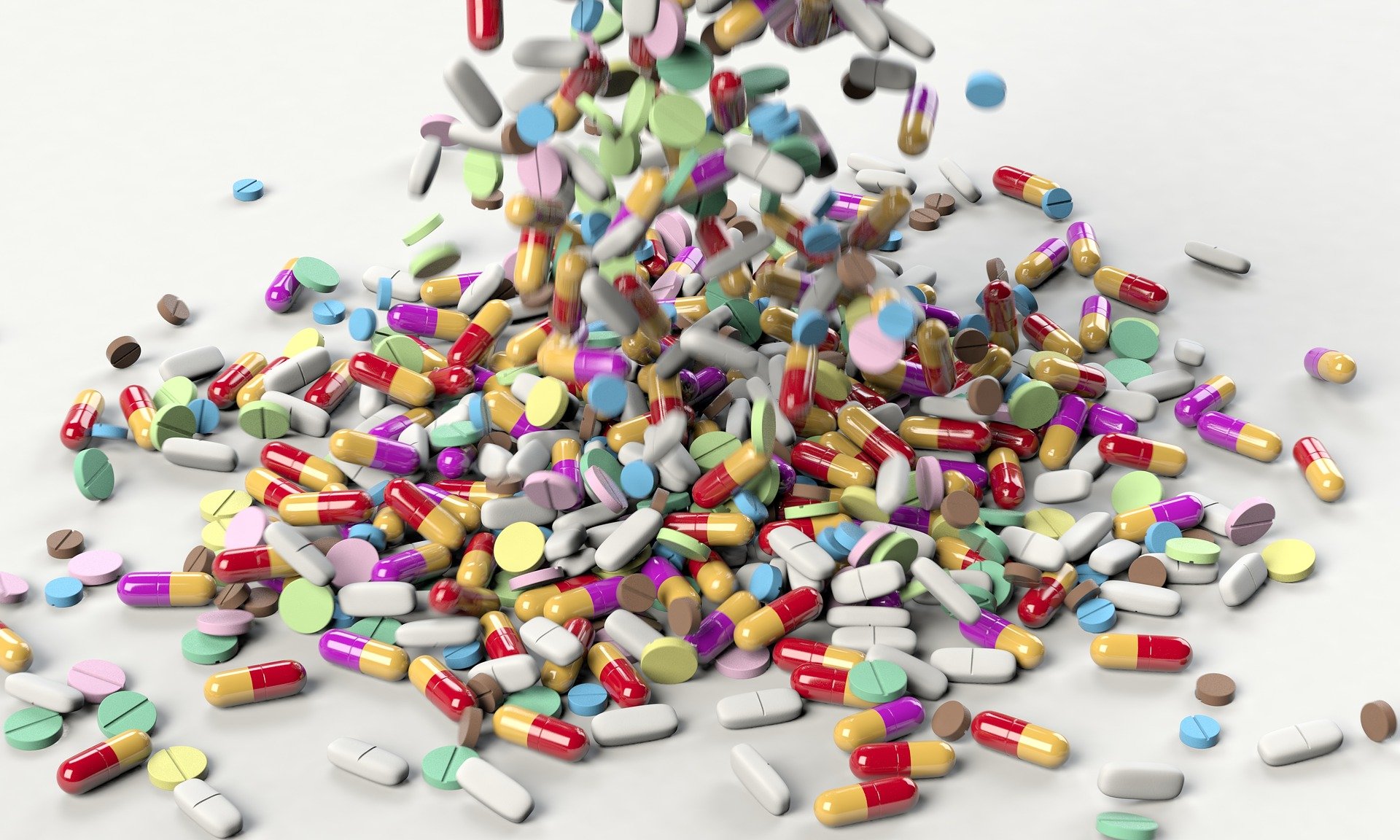If we are able to successfully develop vaccines against COVID-19, that will be a significant step forward in our fight against the pandemic. However, in order to meet the enormous demand for licensed vaccines and treatments as they become available on the market, there will need to be extensive coordination not only within the pharmaceutical supply chain but also with the public sector.
The decision made by the federal government to utilize the logistics expertise of HDA members in order to distribute COVID-19 vaccines once they have been approved is an essential first step in the process of ensuring that these ground-breaking medicines will be distributed in a manner that is both secure and effective to point-of-care locations all over the country. The decision reaffirms the significance of public-private collaboration and the critical role that it has played, and will continue to play, in our nation’s response to the COVID-19 pandemic. It also highlights the fact that this role will continue to play an important role in the future.
As we get closer and closer to reaching that significant benchmark, the HDA has just published some guiding principles for the distribution of COVID-19 vaccines. The principles reaffirm the industry’s commitment to employing well-established distribution networks and expertise, securing the vaccine supply, partnering with federal and state governments, and maintaining transparency and communication throughout the distribution process. Additionally, the principles call for the industry to ensure that the vaccine supply is secure.
Here are five things about pharmaceutical distributors and the distribution of vaccines that you ought to be aware of.
Distributors possess the necessary infrastructure and relationships to deliver pharmaceuticals and other healthcare products anywhere in the country, from the most populous cities to the most remote communities.
Distributors, who are the logistics experts of the healthcare industry, are ideally suited to play an important part in the effort to transport vaccines to the locations in which they are required the most.
 Our sector has invested a significant amount of time and resources over the course of many years into the establishment of these networks. This has been accomplished by fostering healthy relationships with approximately 1,300 pharmaceutical manufacturers and more than 180,000 provider partners located throughout the United States.
Our sector has invested a significant amount of time and resources over the course of many years into the establishment of these networks. This has been accomplished by fostering healthy relationships with approximately 1,300 pharmaceutical manufacturers and more than 180,000 provider partners located throughout the United States.
Distributors are able to deliver medicines in a timely manner that is both safe and reliable thanks to our nationwide network of technologically advanced distribution warehouses that are strategically located across the country. All communities are guaranteed access to vital new treatments thanks to highly developed ordering systems and shipping networks that are both efficient and effective. Members of the MHRA approved warehousing UK make regular deliveries of medicines and other healthcare products to hospitals, pharmacies, provider offices, nursing homes, and other healthcare facilities located in secluded rural communities as well as bustling urban centers.
Distributors have the knowledge and experience to transport specialized products in a secure and risk-free manner. Additionally, distributors have specialized storage and transportation capabilities.
Given the nature of the products and the amount of attention that new vaccines will garner, pharmaceutical distributors have extensive experience as well as the capability to manage the storage, transportation, and security of vaccines. This will be urgently needed given the nature of the products.
Distributors are in a position unlike any other to successfully manage the intricate storage and transportation requirements of any new treatments. Many of the potential vaccines will need to be kept at specific temperatures, and cold chain shipping is something that is routinely used by distributors for the distribution of specialty drugs that are already on the market. To ensure that products are stored, handled, and shipped at the appropriate temperature, the industry has made significant investments in state-of-the-art protocols for supply chains that are temperature-controlled.
Distributors frequently collaborate with manufacturers to speed up the process of bringing newly developed treatments and cures to the market.
In the time leading up to the launch of a product, distributors contribute to ensuring the following:
- In order to help facilitate ready access to providers, inventories are pre-positioned throughout the supply chain.
- The quickest possible delivery of medications is ensured to healthcare providers;
- The treatment and vaccination facilities designated by each state’s emergency plan are able to receive them.
- plan for emergency situations; and,
- Plans for distribution are compliant with the regulations that are currently in place at the state and federal levels.
HDA members are prepared to capitalize on this experience and make the most of the efficiencies offered by the existing distribution system in the private sector in order to support efforts that are being made to deliver treatments and vaccines to the areas in which they are required the most.
Distributors already provide delivery of a wide variety of vaccines, from those used to prevent the seasonal flu to those used for more complicated immunizations.
During the 2017–2018 influenza season, more than 150 million doses of the influenza vaccine were manufactured and administered to people. Members of the HDA play an important part in the distribution of these products to various dispensing sites including doctor’s offices, health centers, pharmacies, and other locations. In addition, a large number of distributors offer resources that can assist providers and pharmacists with ordering, inventory management, and other forms of support services. Distributors routinely administer vaccinations against a variety of diseases, including the flu, shingles, pneumococcal infection, and hepatitis B and HPV.
In addition, the Centers for Disease Control and Prevention (CDC) has formed partnerships with distributors so that they can manage the logistics and distribution for the Vaccines for Children program. Vaccines for Children is one of the largest public-private partnerships operated by the CDC. Through this partnership, life-saving vaccines such as those against measles, rubella, and chickenpox are made available to children living in underserved communities at no cost.
 During times of emergency, distributors have previous experience working with various levels of government, including the federal, state, and local levels.
During times of emergency, distributors have previous experience working with various levels of government, including the federal, state, and local levels.
Members of the HDA have long-standing relationships with various government agencies and have partnered with officials from both the state and the federal government to facilitate the distribution of vaccines and pharmaceuticals in order to meet the growing demand in the wake of public health crises and natural disasters.
After the H1N1 and Ebola vaccines were developed, distributors played an essential part in getting these desperately needed treatments to healthcare providers and patients as quickly as possible. In both cases, distributors worked in close coordination with the federal government to distribute products in order to ensure that they were readily available and could be accessed without delay.
Because of the unprecedented scale of the crisis, effective coordination and direction from the public sector regarding where to direct new medicines will be vital in the next phase of the nationwide response effort. Distributors have the experience and expertise to support the critical task of bringing new COVID-19 vaccines and treatments to market. However, because of the scale of the crisis, it is critical that distributors have this support. The Healthcare Distribution Alliance (HDA) has urged the government to provide pharmaceutical distributors with detailed guidance on how these essential medicines should be distributed. Additionally, it will be essential for federal and state authorities as well as public health experts to collaborate in order to designate priority populations, localities, and eligible facilities.
Once the COVID-19 vaccines have been evaluated by the Food and Drug Administration and found to be both safe and effective, the HDA and its members are prepared to collaborate with our manufacturing partners, providers located throughout the country, and the government to ensure that patients in the United States have access to the vaccines.



